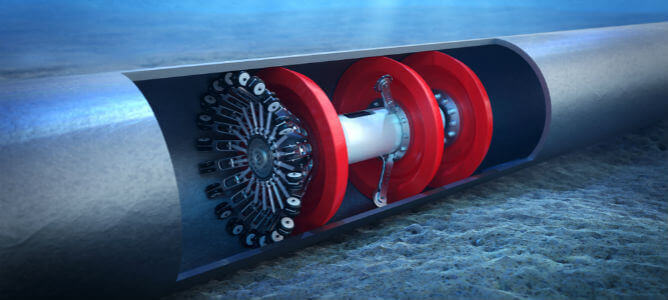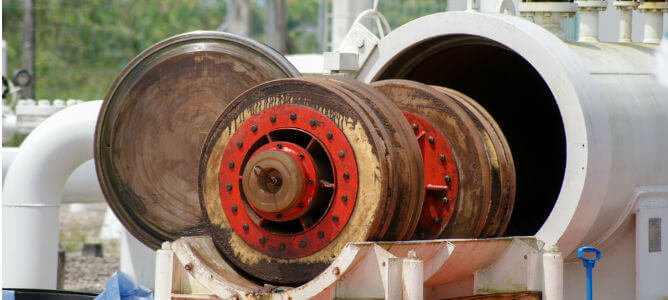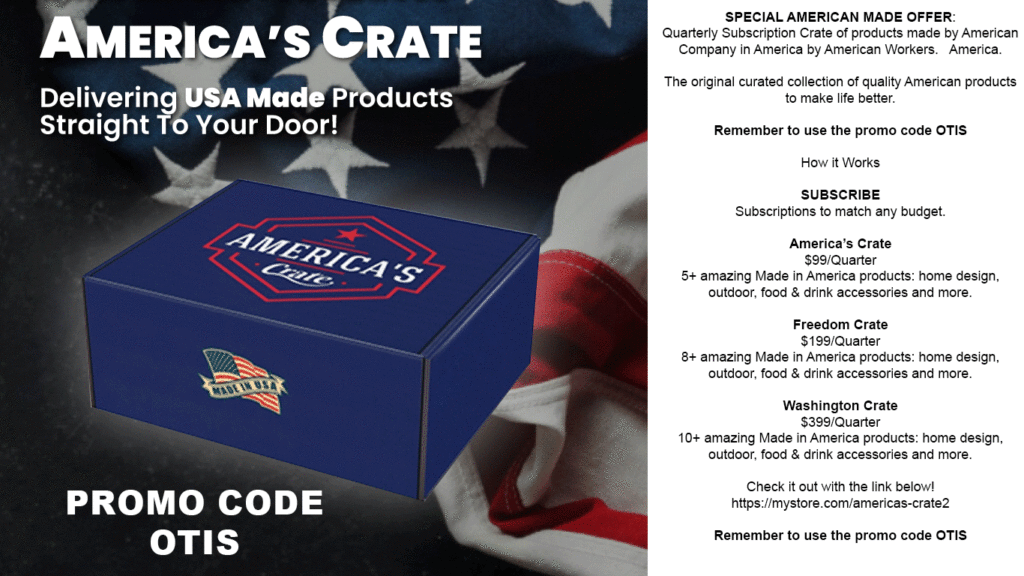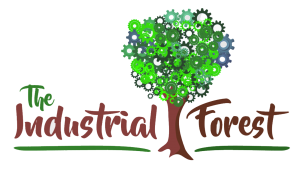
PIGs, or Pipeline Inspection Gauges, are specialized tools used in the oil and gas industry to assess the condition of pipelines and other equipment. They are used to detect and measure corrosion and other defects in oil and gas pipelines, as well as to identify potential safety hazards.
This article will discuss the different types of PIGs, their uses in safety, and the benefits of using them in oil and gas operations.
Uses in Safety
PIGs are essential tools for ensuring the safety of oil and gas pipelines. The use of PIGs helps to detect any potential safety hazards in the pipeline before they become serious problems. The use of PIGs also helps to reduce the risk of accidents, as they can detect any potential problems in the pipeline system before they can cause any harm. PIGs are also used to monitor the condition of the pipeline on a regular basis, helping to ensure that it remains safe and operational.

Benefits of Using PIGs
The use of PIGs in oil and gas operations provides numerous benefits. PIGs can help to reduce the risk of accidents, as they can detect any potential problems in the pipeline before they can cause any harm.
PIGs can also help to reduce the costs associated with pipeline maintenance and repair, as they can detect problems before they become serious. PIGs can also help to ensure the pipeline system is operating at peak efficiency, as they can detect and measure any changes in the condition of the pipe.
Finally, PIGs can help to reduce environmental impacts, as they can detect any leaks or other types of contamination in the pipeline system before they can cause any harm.
According to NiGen, it is essential to select the appropriate pipeline pig for the job. The following are some common pipeline pig types used in the oil and gas industry today:
Utility Pigs
Utility pigs are used for cleaning, dewatering, and sealing of gas pipelines. To flush a gas line, a utility pig sweeps through the internal section, scraping off debris and semi-solids that obstruct or limit the flow of hydrocarbons.
When used for dewatering or sealing, the pig provides air and moisture-tight coupling to flush liquids from the line or separate different in-line media.
Utility pigs can be further divided into the following types:
- Mandrel Pigs – Consist of a steel mandrel body with a series of replaceable cups and discs (sealing elements). Mandrel pigs contain special brushes that remove debris from the internal sections of pipelines. A key benefit of this type of pig is its cost-effectiveness – worn-out components can be replaced resulting in a brand-new pig.
- Solid Cast Pigs – Consist of a single piece of polyurethane polymer or steel.
- Foam Pigs – Consist of a combination of polymer foam embedded with solid abrasive materials.
- Spherical Pigs – Consist of hollow, spherical balls made from polyurethane or neoprene. Spherical pigs are mostly inflatable and filled with liquids such as glycol or water to retain their shape when exposed to the high pressures within gas pipelines.
Gel Pigs
Gel pigs consist of chemical substances such as rigid polymers and high-viscosity gels. They are typically used during pipeline commissioning or maintenance. They are the ideal option for so-called “unpiggable” lines – pipelines containing internal valves, sharp bends, and/or special structures that could result in a stuck pig.
Unlike other pig types, gel pigs do not require a launcher and receiver system. Gel pigs are often used alongside other types of pigs to improve the efficiency and prevent deterioration of the primary pig components. They can also help to retrieve a pig stuck in a pipeline.
Inspection Pigs
Inspection pigs also called “smart pigs,” are used for inspecting internal sections of gas pipelines ahead of remedial activities. They contain electronic components such as ultrasonic sensors, RF modules, and pig gauge plates, and can measure parameters such as diameter, curvature, thickness, pressure, metal loss, and temperature. Newer inspection pigs can detect issues in pipelines such as leaks, cracks, wax deposition, and corrosion with a high degree of accuracy.
Specialty Pigs
These types of pigs, also called “plugs” are used to seal off entire sections of pipelines while remedial activities are being carried out. Specialty pigs are used by pipeline maintenance service companies for pipeline cleaning without completely restricting the flow of fluids through them.
Conclusion
PIGs are essential tools for the oil and gas industry, as they help to ensure the safety of the pipeline system and reduce the risk of accidents. They are also used to monitor the condition of the pipeline on a regular basis, helping to ensure that it remains safe and operational.
The use of PIGs also provides numerous benefits, including reduced costs associated with pipeline maintenance and repair, increased efficiency, and reduced environmental impacts. As such, PIGs are invaluable tools for the oil and gas industry and are an essential part of any safety program.
Click on picture for America’s Crate! Check out these Amazing American Environmental Entrepreneurs! Don’t forget that the promo code OTIS unlocks big big savings!

Submit your Article Ideas to The Crude Life! Email studio@thecrudelife.com
About The Crude Life
Award winning interviewer and broadcast journalist Jason Spiess and Content Correspondents engage with the industry’s best thinkers, writers, politicians, business leaders, scientists, entertainers, community leaders, cafe owners and other newsmakers in one-on-one interviews and round table discussions.
The Crude Life has been broadcasting on radio stations since 2012 and posts all updates and interviews on The Crude Life Social Media Network.
Everyday your story is being told by someone. Who is telling your story? Who are you telling your story to?
#thecrudelife promotes a culture of inclusion and respect through interviews, content creation, live events and partnerships that educate, enrich, and empower people to create a positive social environment for all, regardless of age, race, religion, sexual orientation, or physical or intellectual ability.
Sponsors, Music and Other Show Notes

Studio Sponsor: The Industrial Forest
The Industrial Forest is a network of environmentally minded and socially conscious businesses that are using industrial innovations to build a network of sustainable forests across the United States.
Weekly Sponsor: Stephen Heins, The Practical Environmentalist
Historically, Heins has been a writer on subjects ranging from broadband and the US electricity grid, to environmental, energy and regulatory topics.
Heins is also a vocal advocate of the Internet of Everything, free trade, and global issues affecting the third of our planet that still lives in abject poverty.
Heins is troubled by the Carbon Tax, Cap & Trade, Carbon Offsets and Carbon Credits, because he questions their efficacy in solving the climate problem, are too gamable by rent seekers, and are fraught with unreliable accounting.
Heins worries that climate and other environmental reporting in the US and Europe has become too politicized, ignores the essential role carbon-based energy continues to play in the lives of billions, demonizes the promise and practicality of Nuclear Energy and cheerleads for renewable energy sources that cannot solve the real world problems of scarcity and poverty.
Look at what’s happened to me.
I can’t believe it myself.
Suddenly I’m down at the bottom of the world.
It should have been somebody else
Believe it or not, I’m walking on air.
I never thought I could feel so free-e-e.
Barterin’ away with some wings at the fair
Who could it be?
Believe it or not it’s just me
The Last American Entrepreneur
Click here of The Last American Entrepreneur’s website

Studio Email and Inbox Sponsor: The Carbon Patch Kids
The Carbon Patch Kids are a Content Story Series targeted for Children of All Ages! In the world of the Carbon Patch Kids , all life matters and has a purpose. Even the bugs, slugs, weeds and voles.
The Carbon Patch Kids love adventures and playing together. This interaction often finds them encountering emotional experiences that can leave them confused, scared or even too excited to think clearly!
Often times, with the help of their companions, the Carbon Patch Kids can reach a solution to their struggle. Sometimes the Carbon Patch Kids have to reach down deep inside and believe in their own special gift in order to grow.
The caretakers of Carbon Patch Kids do their best to plant seeds in each of the Carbon Patch Kids so they can approach life’s problems with a non-aggressive, peaceful and neighborly solution.
Carbon Patch Kids live, work and play in The Industrial Forest.
Click here for The CarbonPatchKids’ website

Featured Music: Alma Cook
Click here for Alma Cook’s music website
Click here for Alma Cook’s day job – Cook Compliance Solutions
For guest, band or show topic requests, email studio@thecrudelife.com
Spread the word. Support the industry. Share the energy.




